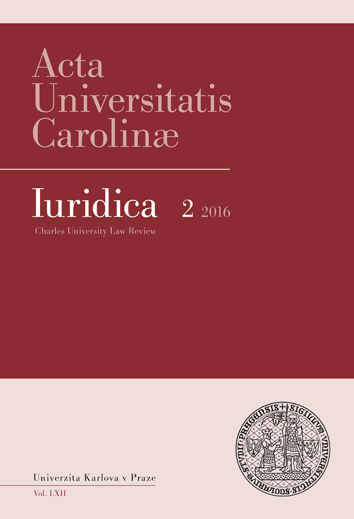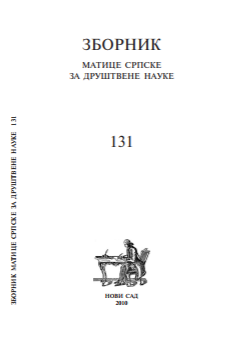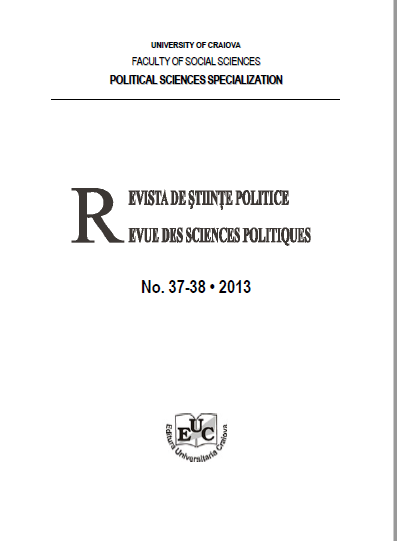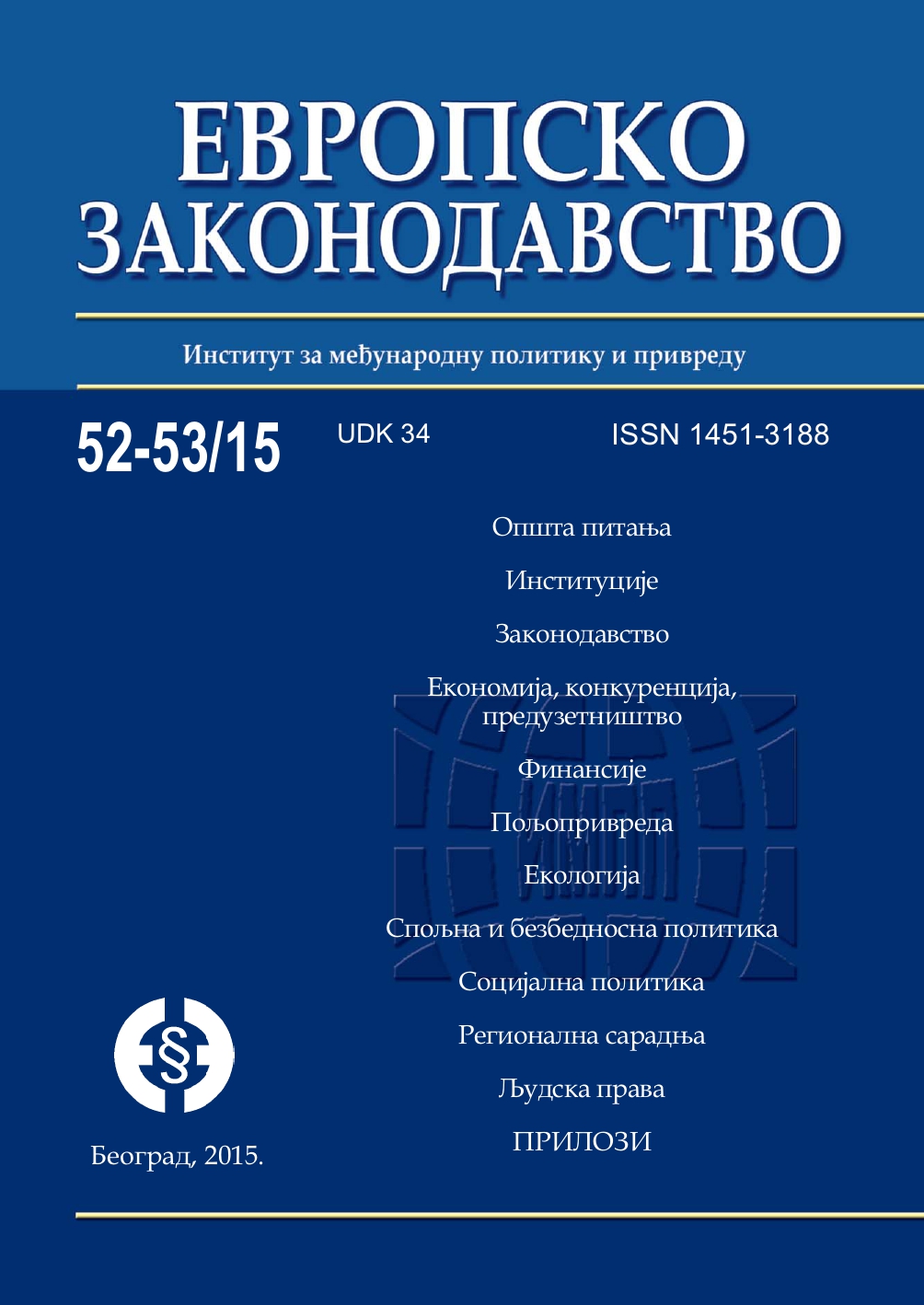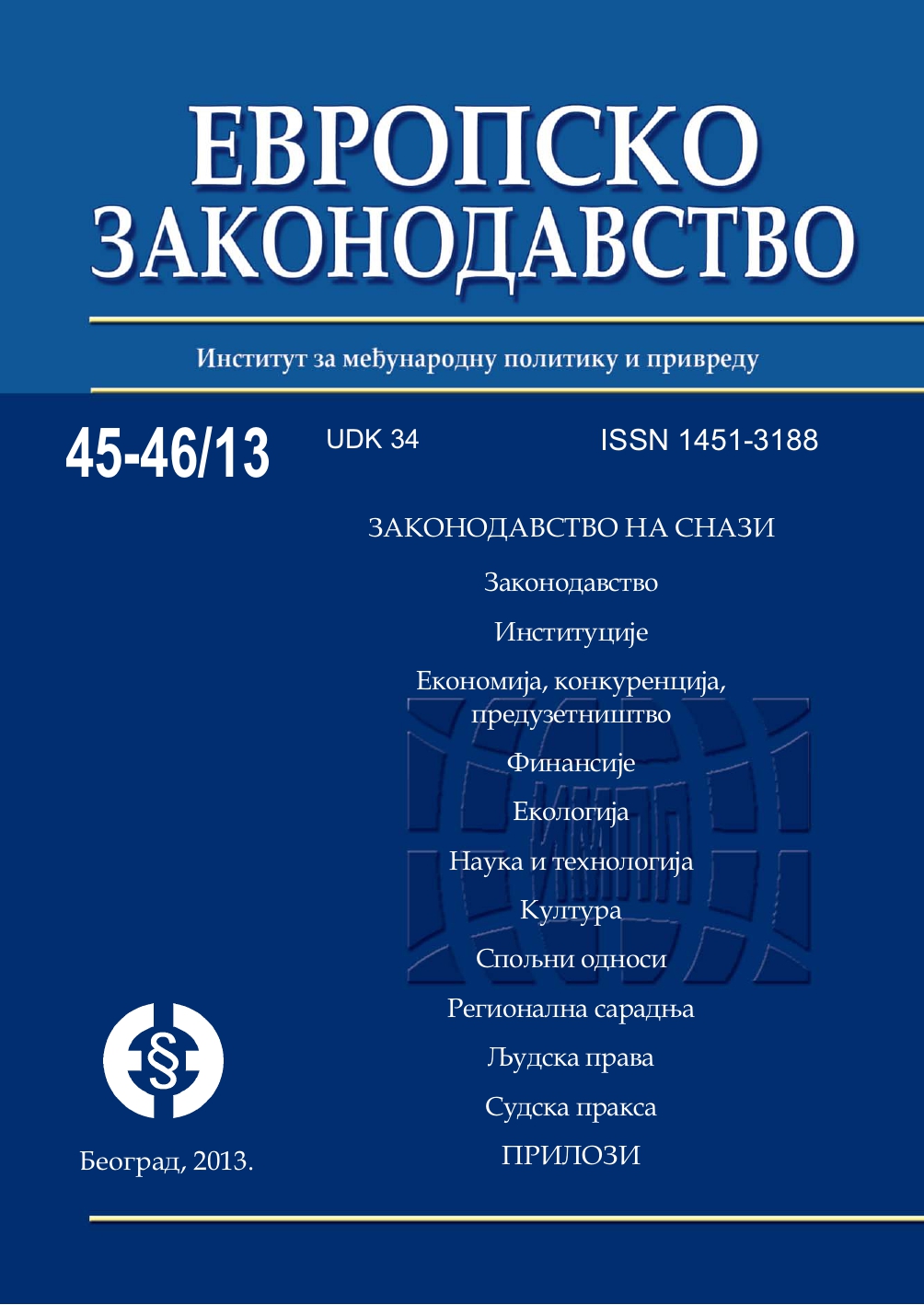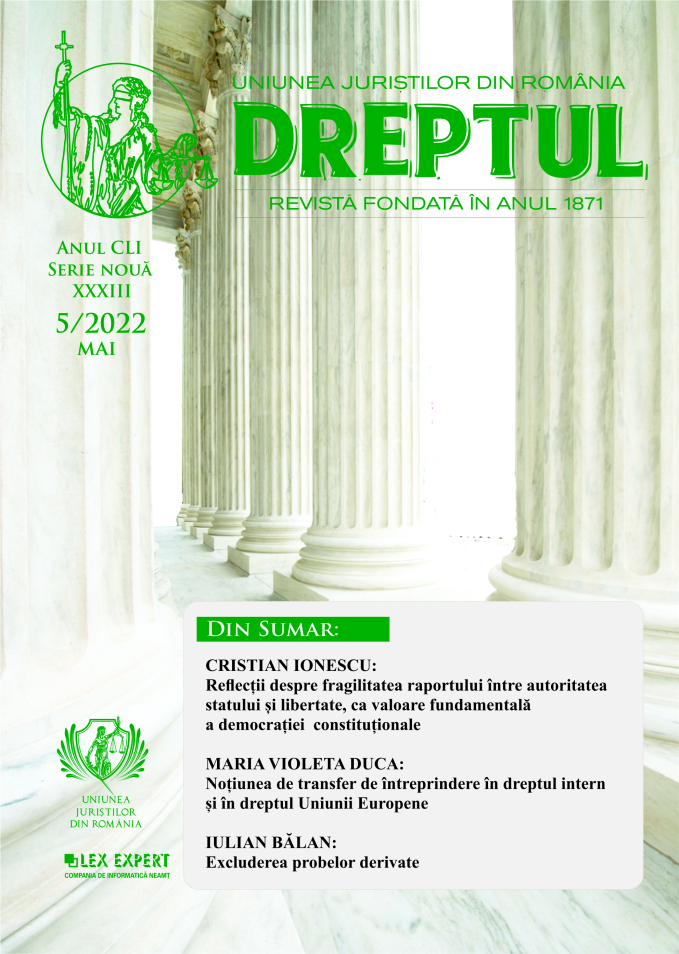Proportionality Principle In European And Serbian Law. Administrative Law Aspects
Принцип сразмерности у европском и српском праву: управноправни аспекти
Keywords: Rule of Law; principle of proportionality; administrative law; European law; European Court of Justice; European Court of Human Rights
The principle of proportionality is one of the fundamental principles of European law and is of crucial importance for the Rule of Law and the corresponding values of modern states. Its consistent and correct application corrects the rigidness of administrative authorities’ actions and strengthens the legitimacy of public administration. The essence of this principle implies that the acts of administration, especially when they impose duties and obligationsor limit citizens’ rights and liberties must be proportionate to the public interest, which is the goal of such actions. The principle of proportionality was first developed during the nineteenth century, under the jurisprudence of the Supreme Administrative Court of Prussia, and after the Second World War it was transferred to the European Court of Justice, the European Court of Human Rights, and the Treaties of Maastricht and Lisbon, thus becoming one of the fundamental principles of European Community law. Although the Serbian General Administrative Procedure Act (1997) reflects some aspects of this principle in many of its provisions, under the current name it has become a part of Serbian legal system after the adoption of the Charter on Human and Minority Rights and Civil Liberties (2003). Subsequently, the principle of proportionality was further developed by the provisions of the Civil Service Act (2005) and the Police Act (2005), and finally confirmed by Article 20 of the Serbian Constitution (2006). The authors critically analyze two types of proportionality in Serbian Administrative Law and its incomplete implementation in everyday administrative authorities’ actions, and propose possible models for its future implementation.
More...

